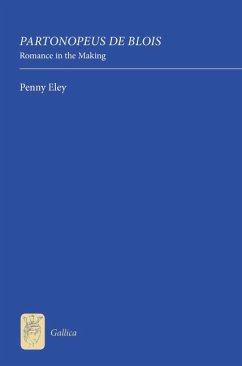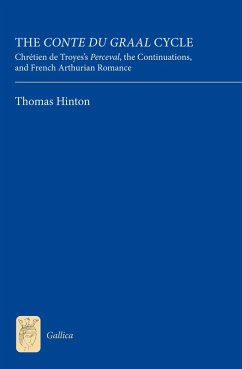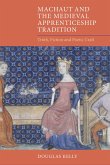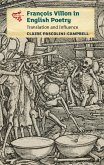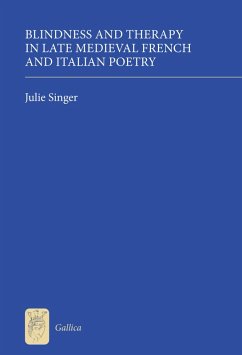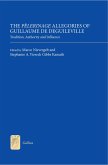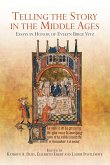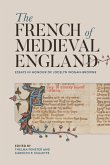First book-length treatment of a fascinating medieval French romance, underlining its influence in the genre.
Partonopeus de Blois is one of the most important works of twelfth-century French fiction; it shaped the development of romance as a genre, gave rise to adaptations in several other medieval languages and even an opera (Massanet's Esclarmonde). However, partly because of its complicated transmission history, and partly due to the fact that it has been overshadowed by the works of Chrétien de Troyes, it has been unjustly neglected. This firstfull-length study of the romance brings together literary, historical and manuscript studies to explore its making as it evolved through seven medieval "editions", the earliest of which probably predated most of Chrétien's romances. The book's thematic analyses show how the Partonopeus poet applied established techniques of rewriting to a wide range of classical, vernacular and Celtic sources, combining this literary fusion with political subtexts to create a new and influential model of romance composition. Detailed studies of the Continuation reveal more ambitious experimentation by the original author, as well as the activities of a series of "editors" who continued to modify the text for over a century. A final discussion of patronage proposes a new reading of the poem's distinct narratorial interventions on women and love, and suggests a link between Partonopeus and a disturbing episode in the history of Blois.
Penny Eley is Professor of Medieval French at the University of Sheffield.
Partonopeus de Blois is one of the most important works of twelfth-century French fiction; it shaped the development of romance as a genre, gave rise to adaptations in several other medieval languages and even an opera (Massanet's Esclarmonde). However, partly because of its complicated transmission history, and partly due to the fact that it has been overshadowed by the works of Chrétien de Troyes, it has been unjustly neglected. This firstfull-length study of the romance brings together literary, historical and manuscript studies to explore its making as it evolved through seven medieval "editions", the earliest of which probably predated most of Chrétien's romances. The book's thematic analyses show how the Partonopeus poet applied established techniques of rewriting to a wide range of classical, vernacular and Celtic sources, combining this literary fusion with political subtexts to create a new and influential model of romance composition. Detailed studies of the Continuation reveal more ambitious experimentation by the original author, as well as the activities of a series of "editors" who continued to modify the text for over a century. A final discussion of patronage proposes a new reading of the poem's distinct narratorial interventions on women and love, and suggests a link between Partonopeus and a disturbing episode in the history of Blois.
Penny Eley is Professor of Medieval French at the University of Sheffield.
Dieser Download kann aus rechtlichen Gründen nur mit Rechnungsadresse in A, D ausgeliefert werden.

